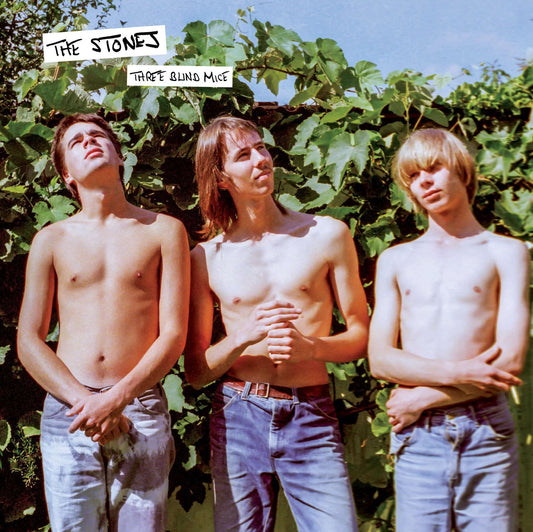Five months earlier in December 1982, bass player and vocalist Jeff Batts “apologised” onstage to New Order’s Wellington audience for “not wearing the right clothes”.
In 1983, they’d tell Michael Higgins in Rip It Up that The Clean were the best band in the world – “Our ambition is to have them support us.”
Every music scene needs someone like The Stones – Wayne Elsey (guitar, vocals), Jeff Batts (bass, vocals) and Graeme Anderson (drums, organ) – the abrasive, short-lived Dunedin trio, who are the least known of the city’s early 1980s indie groups. A band both of and outside the community, who ruffle feathers, and in doing so, lay down overt challenges to those around them, bringing any developing status quo into stark relief. Perhaps that’s why the group has slipped so easily into the background of one of New Zealand music’s most oft-told tales.
In literary journal Landfall in 2011, The Rip’s Alastair Galbraith remembered Jeff Batts mostly for his demeanour – “Jeff Batts, Lucifer of my teenage world, calmly pouring brilliant scorn and deadpan sarcasm,” he wrote, nailing the moody personality, a telling piece of the Stones puzzle.
In the same story, Galbraith considered Elsey a more complex being – “Lean, kind, disillusioned shoulders, a wry head tilt that really listened. He said bitter things of life, looking off in other directions, and funny things with a cast-up pure gleam” – also highlighting Elsey’s benevolence in taking the young musician aside after a disappointing show to encourage him to carry on.
It’s a memory of the blond, elfin Elsey that was shared by some touring Auckland indie groups, who despite so often being pitched in opposition to the far south scene would often find a friend in Elsey.
 Sale
Sale
